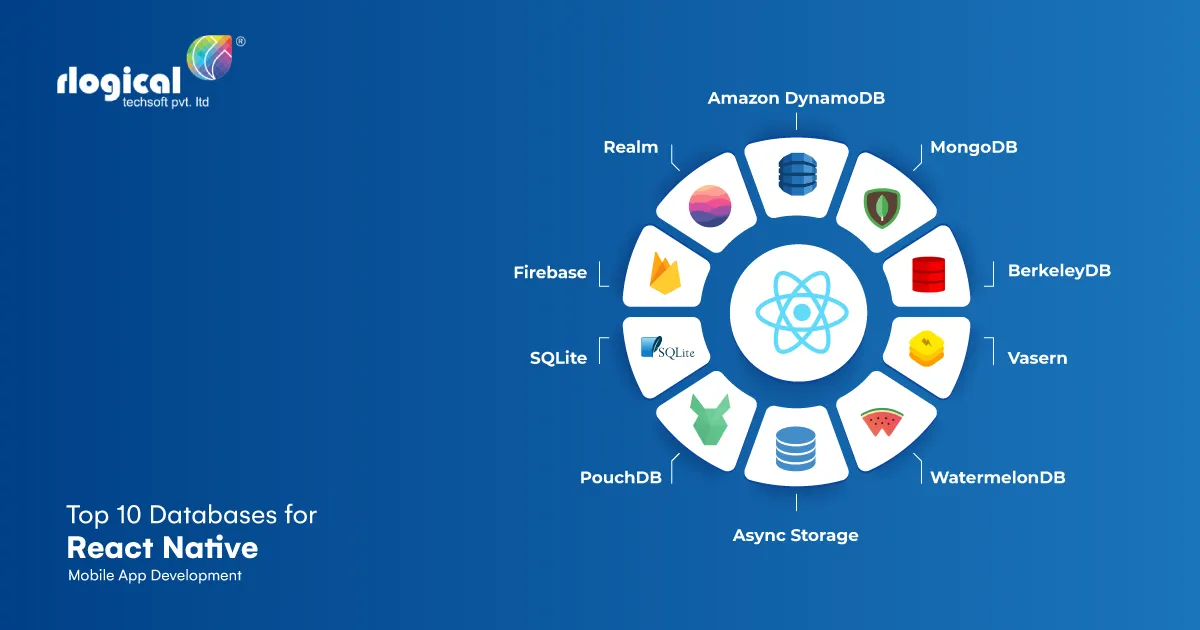
All through the years, React Native has successfully established itself as a top-notch cross-platform mobile app development solution. This has resulted in creating different types of technology stacks around it and helped to make it important for defining the most appropriate database for the specific project.
This article will be showcasing the top 10 databases used for React Native app development in 2021.
Factors to take into consideration when selecting React Native Databases
1. Intricacy of the data
A different option for several client-side and server-side scripting languages happens to be key-value storage. It is imperative to serialize values and keys with the help of a React Native app development company or the library itself. Despite being imperative, serialization can result in significant halts and problems in the performance of your application, particularly while it is operating within a restricted resource environment of mobile devices.
Consequently, on most occasions, React Native development services will choose a database that will allow you to store more complicated information, unlike the key-value pairs such as objects and full documents, and come with complicated data types.
2. Number of Code Lines
If you make use of over 20 lines of code for writing an uncomplicated CRUD operation, your ultimate choice ought to be any advanced database. Apart from making coding more complicated, an advanced DB will likewise impact the performance of the database to a great extent, along with the overall development cost of React Native. Moreover, your application will become quite slow with the processing of quite a few lines of code.
As a result, do not employ a database that comes with sophisticated functionality if it has the possibility of reducing your app’s user experience and delaying the release speed.
3. Off-line Data Syncing
If you are creating an application of low complexity that does not provide multi-user collaboration, it would be advisable for you to use an uncomplicated database that will work properly with streamlined synchronization functionality. These types of apps will be able to sync with the servers once an Internet connection has been established.
Syncing functionality requires the database to be complicated, given that collaboration happens to be the main feature of an app. Applications such as Trello that cannot show various versions of a particular project or document need a React Native application development company for achieving flawless syncing even when network conditions become patchy.
4. Managing Data Conflicts Plus Concurrency
There will be more possibility for data conflicts in case you add more collaboration-related features inside the application. You ought to search for databases sharing conflict-handling policies on repository pages or websites. Go through database documents for becoming aware of how they take care of syncing and conflicting or search for the trade-offs that are created and the impact it is going to make on the app.
5. Memory Management
App crashes can happen because of ineffective database memory handling practices. Compaction happens to be amongst the proactive procedures for memory management, where the data or documents that will not be used are removed from the memory. This process is similar to the garbage collection section of programming, which helps to make sure that free memory is available at any particular time.
Must Read: Why is React Native Best for Mobile App Development in 2021?
Depending on these above mentioned five factors, we have been able to identify the top 10 databases for your React Native app development procedure.
-
Realm
-
Firebase
-
SQLite
-
PouchDB
-
Async Storage
-
WatermelonDB
-
Vasern
-
BerkeleyDB
-
MongoDB
-
Amazon DynamoDB
1. Realm
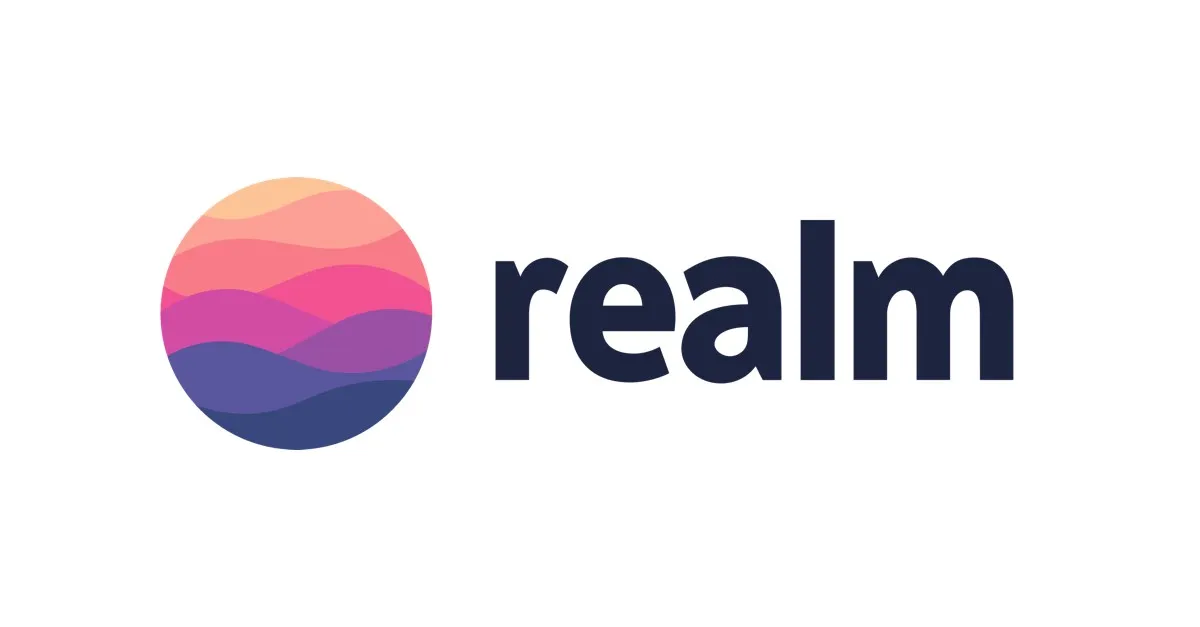
Realm happens to be an open-source and object-oriented database that will function ten times faster than the relational database. Furthermore, it supports complex data types for offline and real-time applications. It does not require any object-related mapping or key-value store, and it comes with its search engine. The objects preserved within the Realm database will be able to access quite a few threads or sources.
Developers like to go for Realm database for enhancing the performance of React Native apps by dealing with large amounts of data. Realm, being a top-performing database, has proved that it can fix the queries better, unlike other databases such as SQLite. Put simply; this database happens to be the most preferred choice for large-size applications.
Even though Realm is an open-sourced platform, you need to pay $1750 each month for getting access to its advanced version. The Pro version will be featuring Realm Studio as well as other outstanding features for enterprises.
Advantages of using Realm
- It comes with a fantastic set of APIs
- It is offline-friendly with Redux off-line
- It makes use of different encryption standards for each mobile platform
- Its synchronization will go on running in the background, which will help to save user interaction
2. Firebase

Firebase is a database that is owned by Google having NoSQL. This database will be ideal for you if your application requires more offline updating of data and data synchronization. Firebase can manage React Native applications that are MVC-based, having high data specifications.
Furthermore, Firebase comes with performance monitoring tools that will allow you to evaluate a bug in your app. It provides you with complete access to data removal from the Google server as and when required.
The assessment process performed by Firebase happens to be ISO 27001 and SOC2, SOC1, and SOC3. The database can be used for free up to 1 GB, following which it will be imperative to shell out $25 for storing 2.5 GB of information.
Advantages of using Firebase
- It will be possible to combine this database with any application easily
- It aids in synchronizing data throughout various platforms
- It helps to cache data on devices for providing access to users
- It can address the roles of the users that will enable you to fix controls on file
Must Read: Firebase Hosting of React Project
3. SQLite

It was built originally to provide the users with the capacity to create local storage databases successfully for mobile applications. This database is quite light and does not require an extensive setup whatsoever. It can execute optimum SQL policies along with additional tools for managing the data easily. Even though there is some doubt regarding its performance quality, one will achieve better results in case he has encountered astounding database development. Everyone will be able to make use of SQLite source code free without any problem whatsoever.
Advantages of using SQLite
- You can make use of its storage for enabling the off-line persistence in an application
- It happens to be ACID compliant, and therefore, it can execute virtually every SQL standard
- It helps in saving data in the cross-platform database file
4. PouchDB

Being an open-source Javascript database, PouchDB aids in preserving data in JSON format and allows all CRUD functions to be mutated and queried by using a JS API. PouchDB can enable apps to store data locally even when they are offline. Following this, sync the data with compatible servers and CouchDB once the app is online, keeping every user data synchronized irrespective of where they are logging in subsequently. This database is lightweight, being a dependency.
It aids in securing data for a React Native app very easily. It features a built-in authentication system intended for React Native and offers features such as password storing to safeguard encrypted keys from any degraded attack.
5. Async Storage
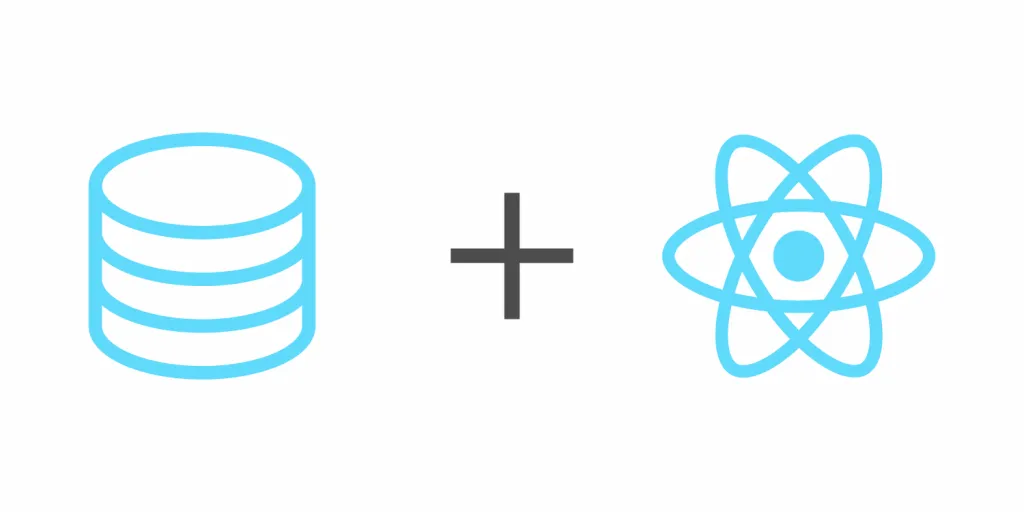
It is a regional storage framework that allows the developers to store information locally and retrieve it successfully between reboots of an app. Since this database comes with React Native inbuilt, you will be able to use it without deployment anymore. Async Storage will come of use to you even after closing the app or device whenever you are required to save the data the application needs to use.
6. WatermelonDB
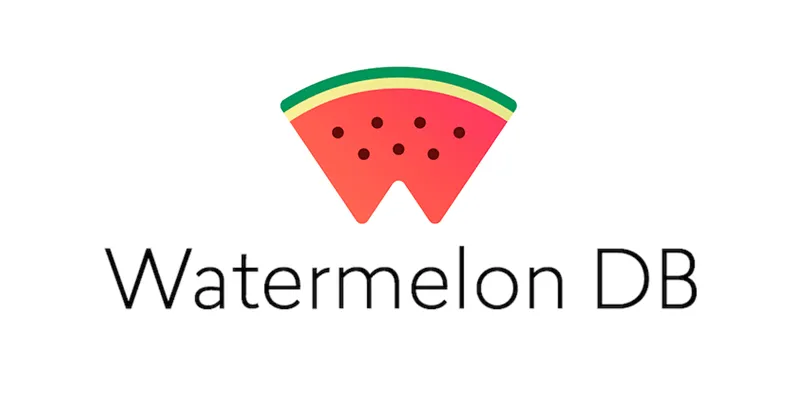
WatermelonDB was created for optimizing the React Native database. Being created on top of SQLite, it provides React Native Database with excellent performance. This database can scale a large number of records within 1 minute only. According to the official statement of Github, it has been optimized for generating tricky applications that emphasize real-world performance.
Being lazy, WatermelonDB makes use of slow end gadgets for managing data persistence. Moreover, as an outcome, it will not be possible for you to load any request if it has not been requested in the first place. Furthermore, it can handle multithreaded and highly cached async functions.
Must Read: Vue Native vs React Native
7. Vasern

This happens to be amongst the most lightweight, fast, and open-source databases for creating React Native apps. Apart from being used for local data storage, the Vasern API is likewise employed for cloud storage and syncing across app users. Various open-source databases inspired its design and structures.
8. BerkeleyDB

BerkeleyDB is an open-source and top-performance backend intended for React Native that enables developers to manage data in various ways. It provides an API for various languages, including Android and iOS. It can handle data in several ways: using the Key/Value pair data or in a relational way similar to SQLite and supporting more than 1 data item for one key.
9. MongoDB

This is a server-side database that has been created for large and complicated apps. Its primary approach will be to use a key-value store plus a relational database for storing objects with dynamic schemas in JSON documents. MongoDB provides a proper solution for React Native mobile applications, which are scalable.
You can get an idea of the pricing, which will depend on your specific cloud deployment on the official site of the database. If you don’t have much idea about cloud deployment, it will be a sensible idea to take the help of a professional development team to obtain a free quotation.
10. Amazon DynamoDB
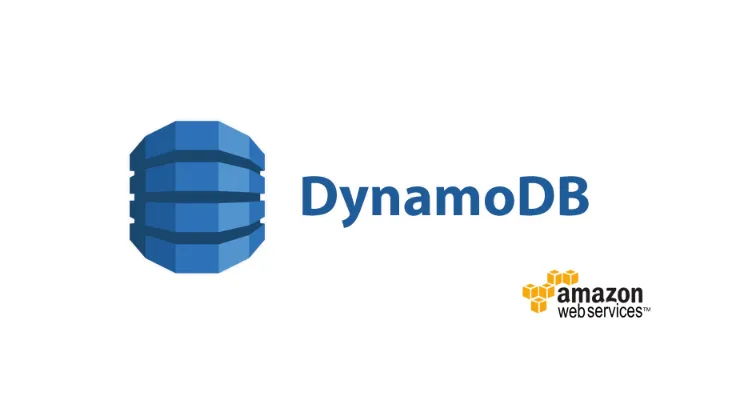
Being a NoSQL server-side database, Amazon DynamoDB was intended to operate on the Amazon Web Services cloud platform. This database is 100% decentralized, and not much administration will be required on it.
Also Read: Top 9 Benefits of AWS Service
FAQs
1. How can you select the appropriate database for your React native app?
There are several factors on which the choice of the most effective React Native database will depend. Some of these are as follows:
- Number of codes
- Complexity of the data
- Memory management
- Offline data synching
2. What do you mean by Local Database?
A local database happens to be local to your app. An SDF data file is used by it. There are several databases for React Native, including Firebase, Realm, SQLite, and so on.
3. What local database should be used with React Native?
There is no definite answer to this question. It will depend on the type of your app, the budget set by you, and the complexity that you’re opting for.
Why Rlogical is the Best React Native App Development Company?
When you are on the lookout for a competent React Native app development firm, Rlogical will be your ideal solution. It has got some of the finest talents in the industry, operating for quite some time. These professionals have been trained adequately before entering the company, and they are equipped with the latest knowledge as well. This helps them to create top-notch products within a short period in a flawless manner.
Rahul Panchal
Rahul Panchal is the Founder & Managing Director at Rlogical Techsoft Pvt. Ltd. He is a pioneer tech enthusiast who has assisted diverse enterprise solutions with a fresh perspective over the years. From integrating technologies like Full-Stack, .NET, Flutter & PHP, he has harnessed custom web or hybrid mobile app development projects. His creative outlook on the latest models of AI, ML, blockchain, and IoT, has made various businesses attain leading-edge success.
Related Blog
- How React Native Is The Future Of Hybrid App Development?
- Top 12 React Native Chart Libraries For Web App Development
- Top Things To Consider When Creating A React Native App
- Steps To Follow To Debug and Release APK File in React Native
- Mobile App Development Cost Optimization With The Help Of React Native
Categories
- All
- Amazon Web Services (AWS)
- ASP.Net Development
- Azure Web App
- Big Data Analytic
- Customize
- Digital Marketing
- Drupal Development
- E-commerce web development
- Education Mobile App Development
- Enterprise Application
- Event Management App Development
- Fintech
- Fitness App Development
- Food Delievery
- Front-End Development
- Healthcare App Development
- Hire Dedicated Developers
- Hotel Booking App
- IT Industry
- JavaScript Development
- Mobile App Development
- On Demand App Development
- On Demand Healthcare App Development
- PHP Development
- POS Software Development
- Real Estate Mobile App Development
- Retail Business App Development
- Salesforce
- Social Media Development
- Software Development
- Technology
- Transportation App Development
- UI/UX Design
- Web Design
- Web Development
- Web Services
- Web/Data Scraping Services
- WordPress


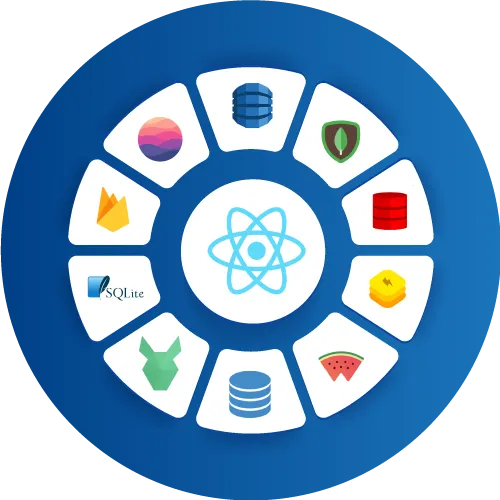
 Rahul Panchal in React Native Development
Rahul Panchal in React Native Development 





